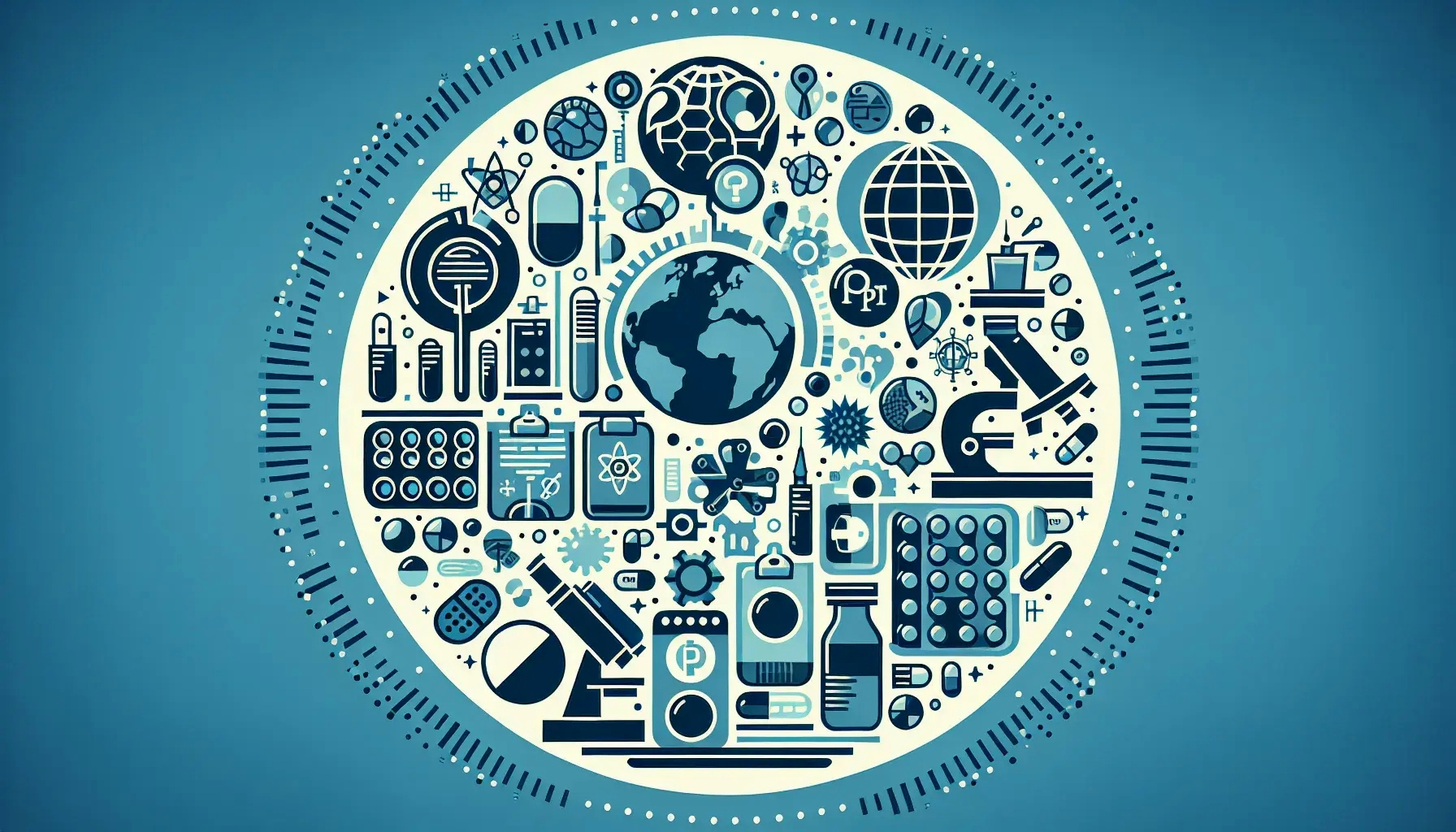Welcome to a deep dive into the world of pharmaceutical patents and their global implications. This blog post aims to shed light on the complex interplay between pharmaceutical patents, global health, and economic development. We'll explore the benefits and challenges these patents present, their influence on healthcare accessibility, and the role they play in shaping the global pharmaceutical industry.
Understanding Pharmaceutical Patents
A pharmaceutical patent is a legal right granted by a government to the inventor of a new drug. This patent gives the inventor exclusive rights to manufacture, sell, and profit from the drug for a specific period, typically 20 years. The primary purpose of these patents is to encourage innovation by providing financial incentives for research and development.
Pharmaceutical patents have a significant impact on the global healthcare landscape. They influence the availability and affordability of drugs, particularly in developing countries. The high cost of patented drugs often makes them inaccessible to the majority of the population in these regions. On the other hand, pharmaceutical patents also drive innovation, leading to the development of new and improved drugs that can save lives and improve the quality of life for millions of people worldwide.
The Economic Impact of Pharmaceutical Patents
Pharmaceutical patents have a profound economic impact. They can create monopolies, drive up drug prices, and affect healthcare affordability. Patented drugs often cost significantly more than their generic counterparts, primarily because the patent holder is the sole producer of the drug for the duration of the patent.
However, these patents also contribute to economic growth by stimulating research and development. They encourage pharmaceutical companies to invest in the development of new drugs, knowing they will have exclusive rights to profit from their inventions. This investment in research and development can lead to job creation, increased economic activity, and improved public health outcomes.
The Role of Pharmaceutical Patents in Global Health
The role of pharmaceutical patents in global health is complex and multifaceted. On one hand, these patents can hinder access to essential medicines, particularly in low-income countries. The high cost of patented drugs can put them out of reach for many people, leading to health disparities and exacerbating global health inequities.
On the other hand, pharmaceutical patents can also contribute to improved health outcomes by incentivizing the development of new drugs. These new drugs can address unmet medical needs, improve treatment outcomes, and save lives. However, the benefits of these new drugs are often not equally distributed, with access often limited by high costs and patent protections.
The Controversy Surrounding Pharmaceutical Patents
Pharmaceutical patents are a subject of ongoing controversy. Critics argue that they create artificial monopolies, drive up drug prices, and limit access to essential medicines. They contend that patents prioritize profits over public health, particularly in developing countries where the need for affordable medicines is most acute.
Proponents of pharmaceutical patents, however, argue that they are essential for incentivizing innovation. They contend that without the financial incentives provided by patents, pharmaceutical companies would have little motivation to invest in the costly and risky process of drug development. This debate is central to discussions about the future of global health and the pharmaceutical industry.
The Future of Pharmaceutical Patents
The future of pharmaceutical patents is uncertain. As global health challenges evolve, so too will the role of these patents. There is a growing recognition of the need for a more balanced approach that recognizes both the importance of incentivizing innovation and the need for affordable access to medicines.
One potential solution is the use of voluntary licensing agreements, where patent holders allow other companies to produce their drugs in exchange for a royalty fee. These agreements can increase access to essential medicines while still providing financial incentives for innovation. However, the effectiveness of these agreements in addressing global health inequities remains to be seen.
Conclusion
Pharmaceutical patents are a critical component of the global healthcare landscape. They have far-reaching implications for economic development, global health, and access to essential medicines. While they play a crucial role in driving innovation and economic growth, they also present significant challenges in terms of affordability and access to medicines.
Wrapping Up: The Global Influence of Pharmaceutical Patents
In conclusion, the global impact of pharmaceutical patents is a complex and multifaceted issue. While they drive innovation and economic growth, they also pose significant challenges for healthcare affordability and access. As we move forward, it's crucial to find a balance that encourages innovation while ensuring access to essential medicines for all.

